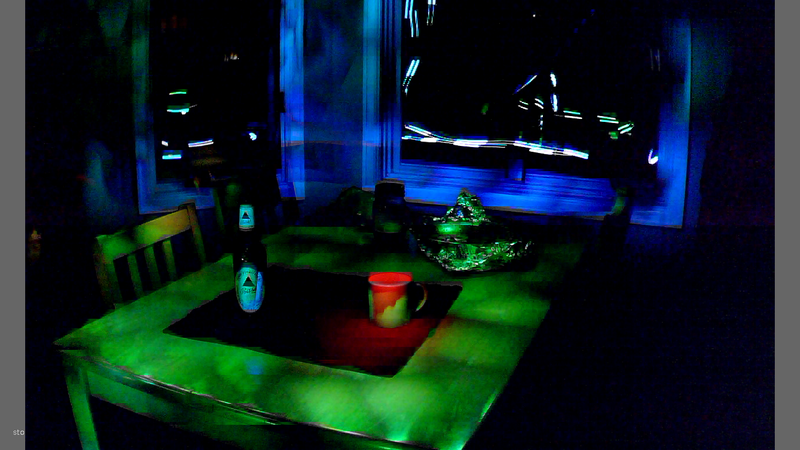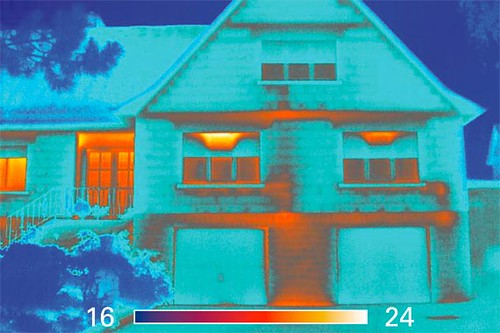
Thermal photography
Thermal infrared cameras are designed to take photos or videos of heat (not to be confused with near infrared cameras). Some of these are tuned specifically for gases, and can be used to image #methane.
Applications
Thermal imaging can be used to document heat/AC leaks from insulation gaps on a building's facade, reveal warmer ground water inflows (either fresh or chemical-laden) or "thermal pollution" from industrial processes entering ocean-temperature waterbodies, as well as identify areas on the human body experiencing infection or stress (includes epidemiological applications).
Specific models of FLIR brand cameras, known as the FLIR GasFinder (http://www.flir.com/ogi/display/?id=55671). See GasFinder below for more.
Community applications so far include both a "heat-busters" program in East Harlem and a "forensic" water quality monitoring program in the Gowanus Canal.
Questions
| Title | Author | Updated | Likes | Comments |
|---|---|---|---|---|
| What gases can a FLIR GasFinder (OGI) infrared camera detect? | @warren | over 7 years ago | 0 | 1 |
| Does anyone have a FLIR Optical Gas Imaging camera to lend to help a community find gas leaks? | @warren | over 7 years ago | 1 | 1 |
| Seeking DC-area folks interested in building temperature sensors for urban heat island measurement | @carohowe | over 7 years ago | 1 | 8 |
| Investigating thermal properties of paved surfaces using grassroots mapping approaches. | @Rmeyer | almost 8 years ago | 1 | 2 |
| Question: Would the Thermal Fishing Bob concept work as a SeaGlider robot? | @ajawitz | over 9 years ago | 4 | 12 |
DIY Approaches
There are three Do-It-Yourself prototypes in development to try to do this more cheaply than the off-the-shelf options. These projects were started a few years ago and may not be active:
- A Thermal Flashlight: a RGB LED flashlight with a non-contact infrared sensor that "paints" the temperature of the surface directly on the wall for capture with a second timelapse camera.
- A Thermal Fishing Bob: dragging a thermometer through the water, taking contact measurements mapped to a RGB light, also for capture with a second timelapse camera.
- A scanning thermal camera on a LEGO turntable (software also in development) that sweeps back and forth across a scene, recording the temperature variation to build up an image.
Problem
Why make a DIY version? "FLIR" cameras can produce images such as the one below, and are typically used to identify heat leaks, but even low-resolution FLIR cameras can cost thousands of dollars. The goal of these DIY thermal camera projects is to make this kind of investigation (and the potential savings) cheap, easy, fun, and informative for those of us without $10k in our pockets.
